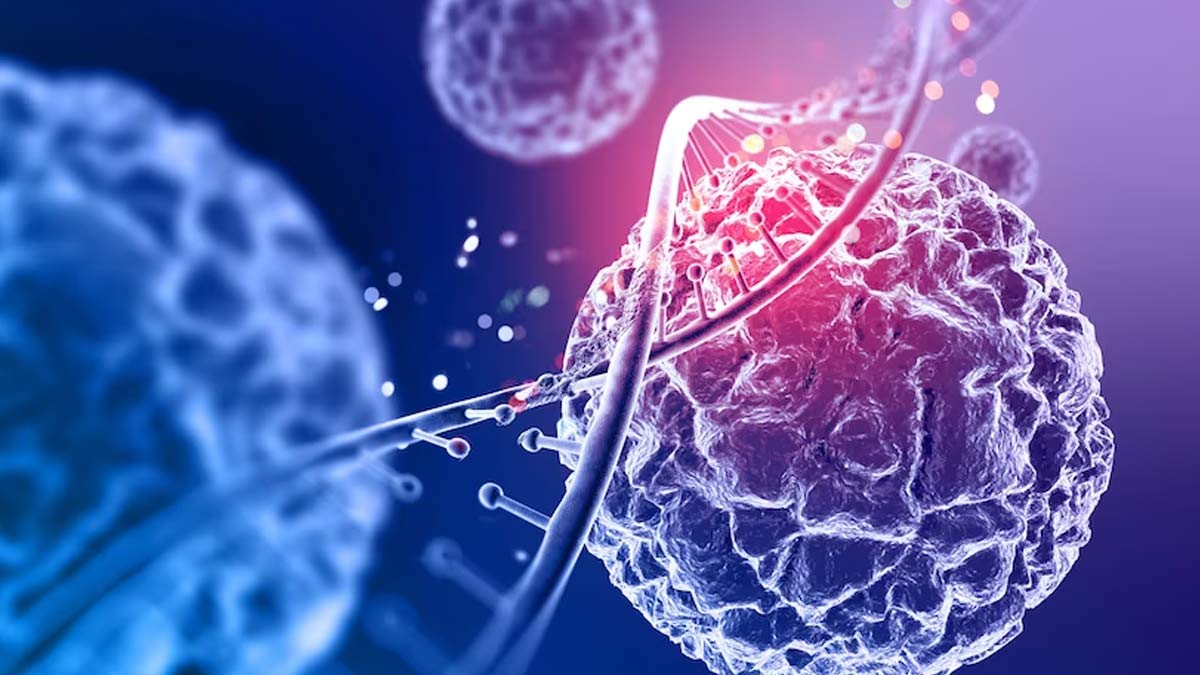
Many factors increase the risk of several types of cancers. Early detection and timely treatment can reduce that risk. In some people, precancerous lesions or conditions can also be a major risk factor of cancer. As overwhelming as it may be to receive a diagnosis, it is important to know that it can be monitored and controlled. At the same time, it is quite natural to have questions like "what if it might develop into a cancerous lesion? Dr Praveen Bansal, Director-Medical Oncology, Asian Hospital, Faridabad, has all the answers.
What Is Precancerous Lesion?

A precancerous lesion is an abnormal area of tissue that has the potential to develop into cancer if left untreated. These are non-cancerous but may show changes in their cells that indicate a higher risk of progressing to cancer over time.
According to Dr Bansal, precancerous lesions have the possibility to develop anywhere in the body and early detection is one of the most critical parts of curing cancer.
Also Read: Things You Should Stop Doing To Your Breasts And What NOT To Ignore
“In some cases, doctors are able to detect cancer very early, referred to as stage 0 or precancerous lesions. So, when we talk about ‘precancer’, it means there are abnormal changes in cells or tissues that can become cancerous,” explains Dr Bansal.
Some of the most common precancerous conditions include some type of colon polyps, which can progress into colon cancer, and cervical dysplasia, which can progress into cervical cancer.
Can Precancerous Conditions Progress To Cancer?

Dr Bansal says, “If precancerous cells aren't treated, they may occasionally develop into "invasive" cancer cells. These cells can sometimes develop slowly, taking years or even decades.”
“In other cases, these cells can just be a "marker" or an indication that a cancer that is "invasive" is more likely to develop,” he adds.
According to him, many precancerous disorders can now be identified early, thanks to modern medicine. For instance, a colonoscopy can find colon polyps, and a dermatologist's skin cancer screenings have been credited with finding many skin tumours that would have progressed and needed to be removed.
Preventive Strategies And The Role Of Regular Screenings

With a pre-cancer diagnosis, your chance of developing cancer is higher than compared with a person without the presence of abnormal cells, says Dr Bansal, adding, “As a result, you must keep in constant contact with your doctor and inform them of any changes you may see. Regular screenings are also crucial so that your doctor can identify any early indications of cancer.”
Besides regular monitoring of precancer, it is essential to follow a healthy lifestyle that includes maintaining a balanced diet with plenty of veggies, fruits, regular exercise, maintaining a healthy weight and avoiding tobacco along with excessive consumption of alcohol.
Also Read: The Vitamin That Can Reduce Your Risk Of Prostate Cancer: How To Get Optimum Levels
In addition, one must work towards reducing the risk factors that are known to contribute to cancer which includes, avoiding tobacco products, protecting your skin from excessive sun exposure and indulging in safe sex to reduce the risk of sexually transmitted infections.
Bottomline
Dr Bansal concludes by saying that having a precancerous condition doesn't guarantee that a person has cancer or will develop it in coming years, it merely indicates that someone has a higher chance of developing cancer, which should serve as a reminder for them to keep up with regular checkups and screenings and to inform their medical professionals of any concerns or changes.







